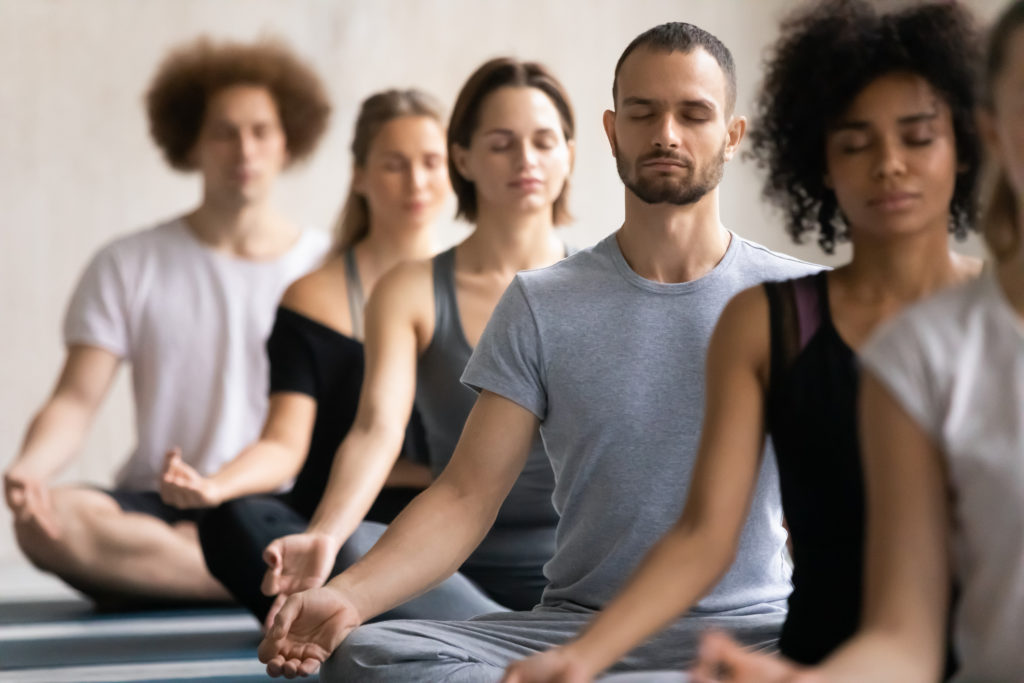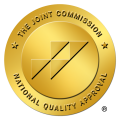Holistic Addiction Treatment
What is Holistic Medicine?
What Does Holistic Mean?
Holistic is derived from holism, which is derived from the Greek word holos, meaning “whole, entire, complete.”1 The Holism philosophy asserts that parts of any whole are in intimate connection such that they cannot be understood without reference to the whole.2
Therefore, holistic medicine is a medicine characterized by the treatment of the whole person, considering physical, mental, emotional, spiritual, environmental, and social aspects of well-being.3
History of Holistic Medicine Practices
Many holistic medicine practices developed from ancient medical systems, including Ayurvedic medicine from India, traditional Chinese (TCM) and African medicine, shamanism, and Native American healing practices. Other practices, like homeopathy and naturopathy, emerged out of European practices that began in the late eighteenth century.4
Holistic Medicine vs. Traditional Addiction Treatment
Holistic drug rehabilitation uses natural, integrated, multidisciplinary techniques that focus on healing the mind, body, and spirit to support each individual’s recovery needs.
Traditional or conventional treatment programs primarily consist of cognitive-behavioral therapy (CBT) approaches and Twelve-Step programs (which aren’t tailored to the specific needs of everyone – they are more of a ‘one size fits all’ approach).5 Holistic programs recognize that one type of treatment cannot fit everyone’s needs, and what may work for one individual may not work for another.
The Principles of Holistic Treatment
- Embrace education for lifestyle changes and self-care, complementary alternatives, and conventional drugs and surgery as a treatment
- Find and address the underlying causes of health issues in addition to treating symptoms
- Evoke the body, mind, and spirit’s innate healing powers
- Consider all factors that influence health, wellbeing, and disease, including mind, body, and spirit
- Encourage patient autonomy and a practitioner-patient partnership
- Focus on patient education and participation in the healing process
- Focus on the unique needs and nature of each individual
- Teach holistic health by example
- View illness, pain, birth, and the dying process as learning opportunities
Types of Holistic Medicine Used in Rehab

A key feature in all of the following types of holistic medicine is that they aim to treat the whole person and improve overall wellbeing (rather than a single symptom or behavior). Some approaches to holistic healing for addiction recovery including:
Yoga
As a form of exercise, yoga provides the same benefits as exercise. Yoga consists of breathing exercises, different postures, and meditation. Consistent practice can improve the body’s physical wellbeing by increasing flexibility, strength, mobility, and balance, as well as improve mind and spirit by releasing stress, increasing focus, and grounding oneself in the present.Mindfulness
Meditation encompasses a variety of techniques that discipline the mind to promote relaxation, generate energy, and improve compassion and generosity. Mindfulness meditation involves a focus on the present moment, with a non-judging acceptance of thoughts and feelings as they occur.7Acupuncture
Acupuncture is a system of procedures involving the stimulation of anatomical points on the body to treat various physical, mental, and emotional conditions. Essentially, the skin is pierced with thin metallic needles to adjust the flow of energy (Qi) through the body. Other variants of acupuncture use heat, electricity, lasers, or pressure. Acupuncture may relieve physical withdrawal symptoms, help with relaxation, and suppress cravings for drugs and alcohol.8Fitness
As a treatment of substance use disorders, exercise is theorized to provide social and psychological benefits by increasing socialization, improving emotional regulation and stress management, and decreasing sensitivity to anxiety. It is also postulated that exercise triggers neurological effects similar to those produced by opioids, so exercise may serve as a substitute for opioid use. 9Diet and Nutrition
Proper diet and nutrition are basic human needs and are vital to satisfy all individuals, let alone those in addiction recovery. There are many products and herbal supplements marketed as having health benefits, but not all are truly as effective as they are said to be. The active ingredient may be extremely diluted, and harmful substances like lead, mercury, and arsenic, or other active ingredients may be added to the product and cause adverse side effects and drug interactions.
However, certain plants like St. John’s Wort, and supplements like omega-3 fatty acids, have been shown to improve physical and mental health.10
Neurofeedback
Neurofeedback is a non-invasive, non-medication-based treatment that can help individuals train their brains to manage neurological issues, such as a compulsion to do drugs, caused by structural damage to the brain.
Also known as electroencephalogram biofeedback, neurofeedback begins with a measure of the electrical activity of the brain. Abnormal brain activity can be seen in the “brain maps” produced by computer software. A neurofeedback specialist can then create a targeted training program to remedy inactivity or level out under- or overactivity.
Life Skills
The Substance Abuse and Mental Health Services Administration’s (SAMSHA) Wellbeing Initiative takes a holistic approach to achieve health in many dimensions of life.11
By creating balance, embracing support from others, and valuing routines and habits, the wellbeing of the whole person can be improved. Learning life skills in various areas in various dimensions is key to prevent relapse.
How Effective is Holistic Medicine in Rehab?
All holistic medicine is not necessarily evidence-based medicine. and some of the effectiveness of certain techniques is supported only anecdotally. However, holistic medicine can still be used to augment certain elements of standard rehabilitation processes. For example, acupuncture may relieve withdrawal symptoms of muscle aches and pains, mindfulness and yoga may provide spiritual grounding and mental strength to endure the recovery process, and life skills may prepare individuals for life in recovery.
More research is needed for better statistics on the effectiveness of holistic medicine in rehab, but the following imply promising results.
A 2017 survey by the NIH found that the number of adults who used meditation in the past 12 months increased more than threefold, from 4.1% in 2012 to 14.2% in 2017.12 Similar trends were observed for use of yoga and chiropractors.
The National Center for Health Statistics (NCHS) found that the use of dietary supplements by the U.S. adult population increased from 42% in 1988-1994 to 53% in 2003-2006.13
A 2018 study focuses on the feasibility and effectiveness of a 12-week yoga intervention as an adjunctive treatment to medication-assisted treatment for individuals with opioid use disorder. It found that those who participated in yoga classes experienced a lower level of perceived stress at the 90-day mark compared to those who did not.14
Combining Holistic and Traditional Addiction Treatment
Individuals who experience greater satisfaction with their treatment programs are more likely to continue their treatment program to its conclusion and to continue the treatment longer.15 In turn, following a treatment program to its conclusion and continuing treatment for a longer duration is associated with more favorable outcomes (specifically, abstinence from drug use, no involvement in criminal activity, and community involvement).
Because holistic therapies can help people feel more at ease, more productive in their treatment response, and better able to cope with detox and rehab, combining holistic therapies with traditional addiction treatment can do nothing but improve the overall effectiveness of rehab and wellbeing of the individual.
Resources
https://www.etymonline.com/word/holo-?ref=etymonline_crossreference
https://www.lexico.com/en/definition/holism
https://hekint.org/2017/01/30/wholistic-the-coining-and-the-connotations/
https://store.samhsa.gov/sites/default/files/d7/priv/sma15-4921.pdf
https://minds.wisconsin.edu/bitstream/handle/1793/74083/Jorgensen,%20Donna.pdf
https://store.samhsa.gov/sites/default/files/d7/priv/sma15-4921.pdf
https://store.samhsa.gov/sites/default/files/d7/priv/sma15-4921.pdf
https://store.samhsa.gov/sites/default/files/d7/priv/sma15-4921.pdf
https://store.samhsa.gov/sites/default/files/d7/priv/sma15-4921.pdf
https://store.samhsa.gov/sites/default/files/d7/priv/sma16-4958.pdf
https://www.cdc.gov/nchs/data/databriefs/db61.pdf
https://www.ncbi.nlm.nih.gov/pmc/articles/PMC6390289/
https://ps.psychiatryonline.org/doi/10.1176/appi.ps.55.7.767




